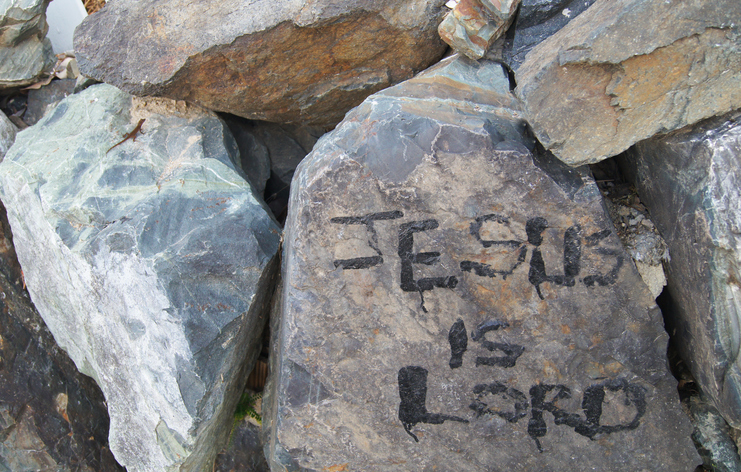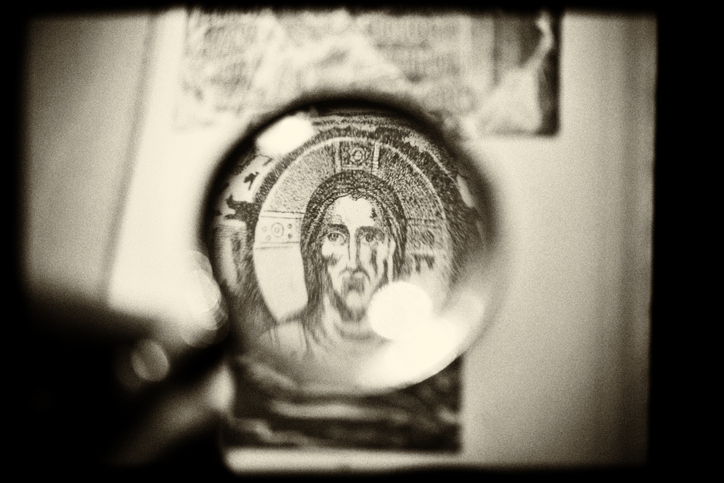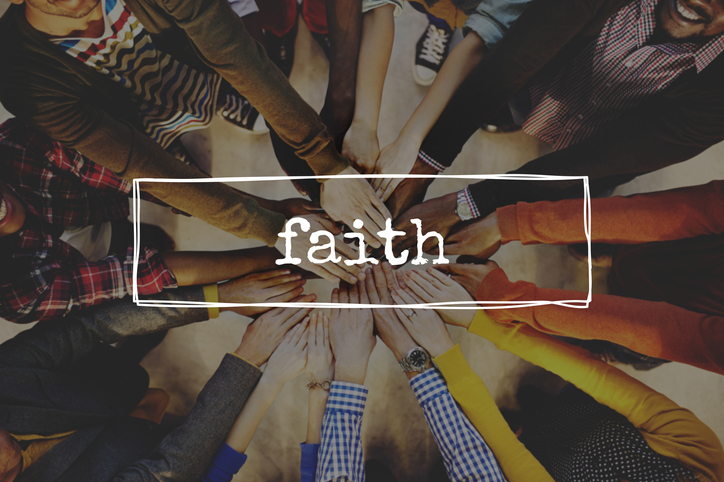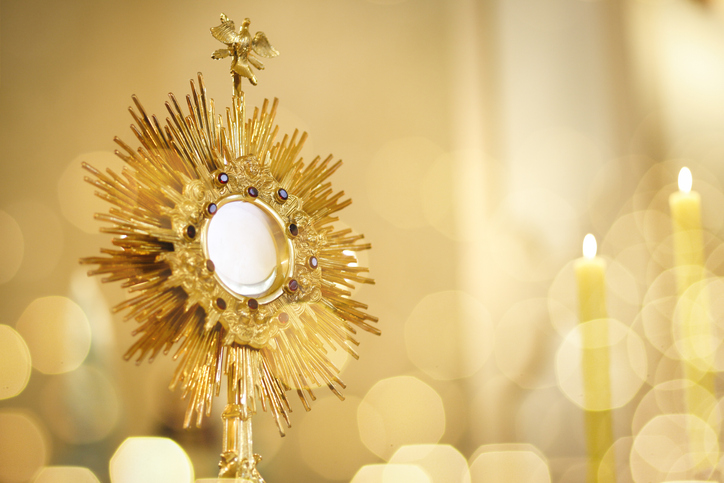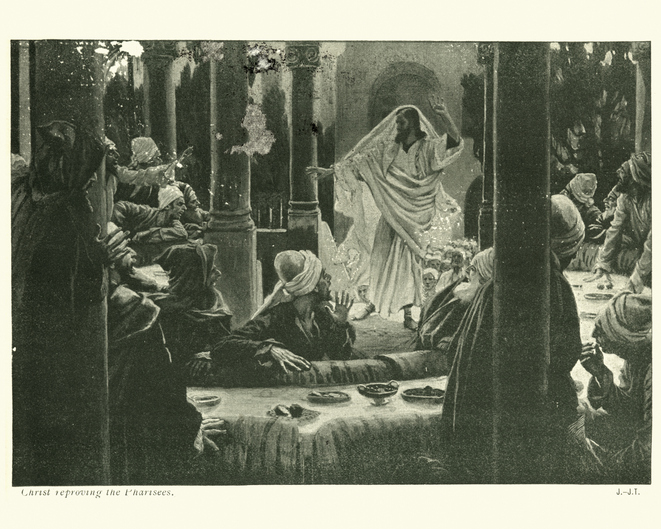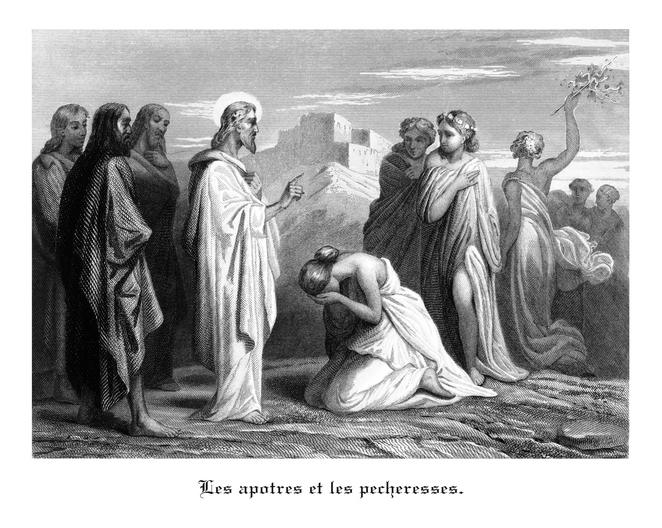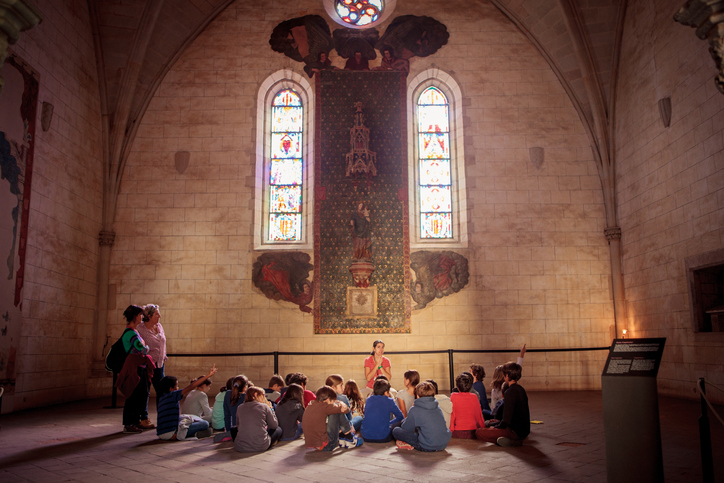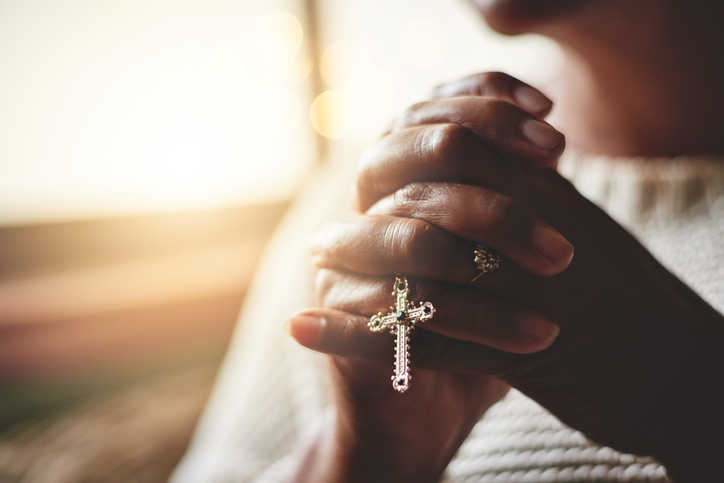Fall is one of my favorite seasons, not only because of the pumpkin spice and everything nice but also because of the change that occurs in nature. We have begun to enter the time where jackets come out, the nights get colder and darker, families come together during the many different holidays approaching, and people spend far too much on their delicious pumpkin spice lattes. Now is the time for a change in the weather. There is a time and a place for everything and now is the time for fall.
In today’s Gospel, we encounter Jesus traveling through various villages and trying to find a place to stay. One cannot help but think back to his birth when they also couldn’t find anyone to welcome them in. This wasn’t new to Jesus, and perhaps a vengeful king would have destroyed the town without a thought. But Jesus is no normal King. While he is just, he is also merciful, and he shows this extraordinary mercy on this little town that was not willing to welcome him.
Now think back again to fall, there is a time and a place for everything. At this moment in the Gospel, Jesus decided this was predominantly a time for mercy, and justice could take a back seat. I think Jesus was always doing this during his ministry. He casts this perfect balance between compassion and justice, showing us that he will be just, but his heart beats with mercy.
I think we can put ourselves in the place of this little town. How often does Jesus approach us, and we turn him away? How often do others approach us for mercy, and we claim that we are not our brother’s keeper? And yet, despite our faults and failings, Jesus does not give up on us. He gives us a merciful chance, just like he did in the Gospel today.
I think it’s easy to look at that town and think, “What was their problem? How could they reject Jesus.” But then we are so quick to turn Jesus away for friends, cultural norms, or sin. I am reminded today of the immense mercy that Jesus has poured out on me and my life, and I can’t help but want to treat others with the same mercy. I pray for this grace and hope we all can open our hearts to the beautiful mercy of God. From all of us here at Diocesan, God Bless!

Tommy Shultz is a Solutions Evangelist for Diocesan. In that role, he is committed to coaching parishes and dioceses on authentic and effective Catholic communication. Tommy has a heart and a flair for inspiring people to live their faith every day. He has worked in various youth ministry, adult ministry, and diocesan roles. He has been a featured speaker at retreats and events across the country. His mission and drive have been especially inspired by St. John Paul II’s teachings. Tommy is blessed to be able to learn from the numerous parishes he visits and pass that experience on in his presentations. Contact him at tshultz@diocesan.com.



